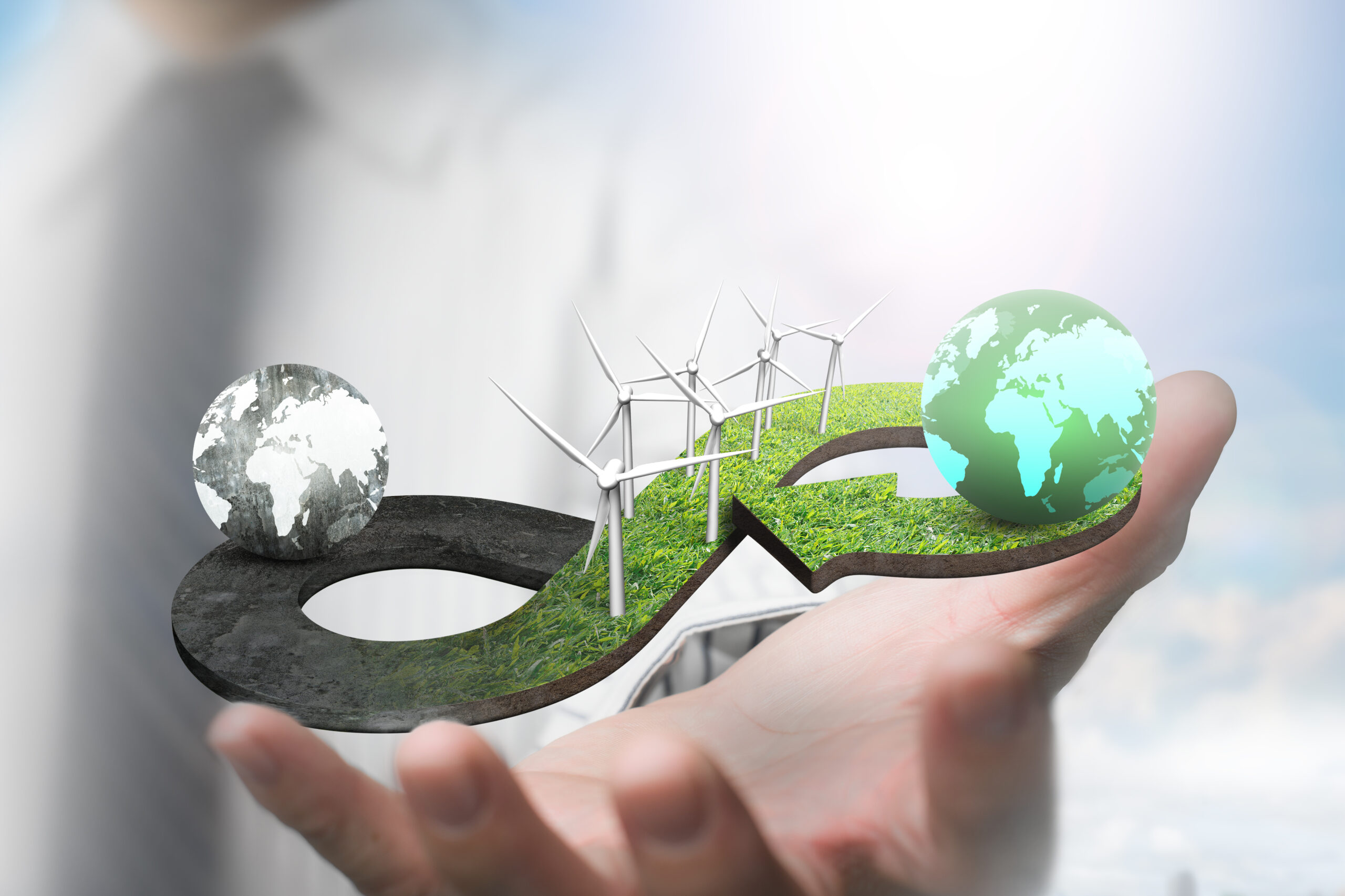To shift mindsets and inspire actionson innovative technologies towards circular economy among young professionals in Asia, the EU funded SWITCH–Asia Regional Policy Advocacy Component (RPAC), in the partnership with UNEP and Tongji University, organized a visual prologue event to the 2021 Leadership Academy on “Circular Economy Technology”.
Circular Economy has been recognized as a key element to promote Sustainable Consumption and Production in Asia, which relies on technological advancement that enables the decoupling of resource use fromeconomic growth across industries. Previous SWITCH–Asia leadership academies were organized in 2018 in Bangkok and 2019 in China to introduce the fundamental concept of circular economy. In 2020, the Academy dived deep into the aspect of how to communicate circular economy. This year, SWITCH–Asia RPAC sees the need to touch base on technology and innovation. This event brought together experts from the EU Delegation to China, representatives from UNEP SWITCH–Asia RPAC, Tongji University, East China University of Science and Technology, Oxfam in Vietnam, Triton Foodworks in India, and Norwegian University of Science and Technology, and attracted over 200 participants from over nearly 30 countries. The event was opened by Ms. Feng Mei, the EU Delegation to China. She highlightedthat “The circular economy action plan is at the heart of the European Green Deal that aims to transform Europe towards climate–neutral by 2050.
Industrial and business transition play a key role in greening our economy and the SWITCH-Asia programme has been prioritizing its support to scale–up innovative business models in promoting sustainable consumption and production in Asia”.Dr. Mushtaq Memon, UNEP Regional Coordinator for Resource Efficiency in Asia & Pacific, said “Thanks EU’ support in mainstreaming sustainable consumption and production in Asia, circular economy is one of the important vehicles to bring back the SDG 12 on the trackin Asia, and technology is at the center of circular economy”. The speakers stressed technology transfer’s roles for circular economy, introduced models to calculate” the benefit of circular economy, and shared case studies on the biomass gasification technology in Vietnam, hydroponic technology for food production efficiency in India, as well as initial thinking on how to better digitalize circulareconomy and how to create sustainable digital technologies. The framework and contentsof the draft training manual on circular economy technology were also outlined and explained, which will beused for the 2021 Leadership Academy.

